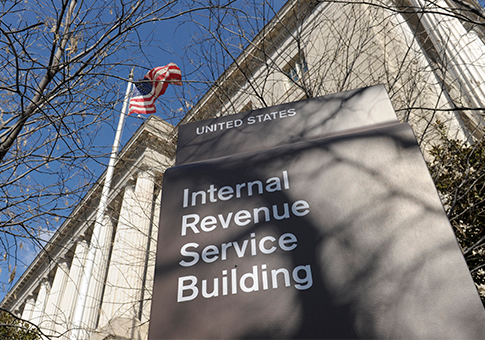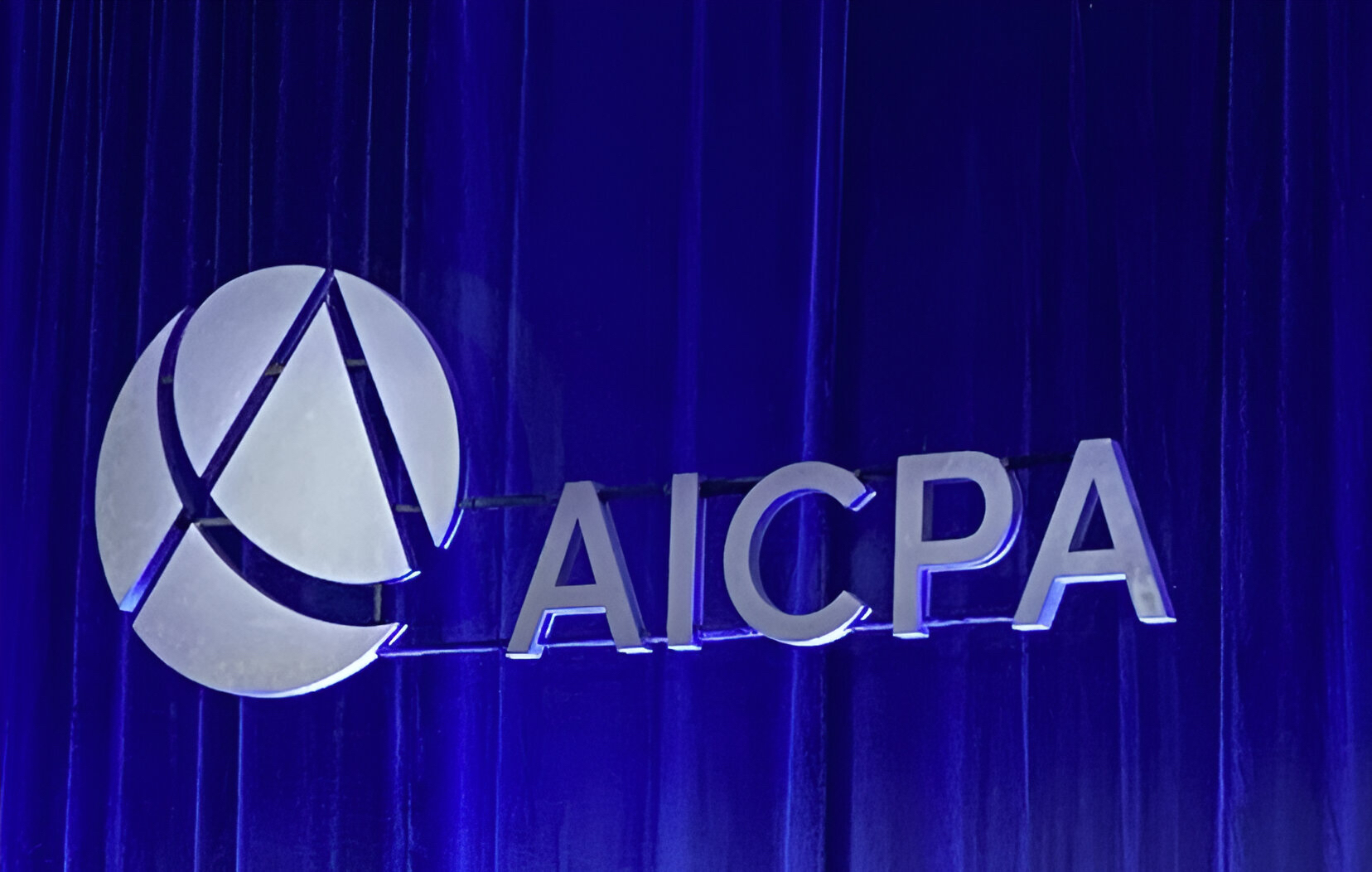The Internal Revenue Service (IRS) has taken significant actions to improve the processing of tax-exempt applications involving political intervention, according to a new report from the Treasury Inspector General for Tax Administration (TIGTA).
The report is a follow-up to a May 2013 TIGTA report, which found that ineffective IRS management resulted in: 1) the use of inappropriate criteria to identify for review organizations applying for tax-exempt status based on names and policy positions instead of indications of political campaign intervention; 2) substantially delayed processing of certain applications, and, 3) the issuance of unnecessary information requests.
The objective of the new audit was to assess the IRS’s actions in response to TIGTA’s 2013 recommendations to improve the identification and processing of applications for tax-exempt status involving political campaign intervention. During the time frame leading up to and during this audit, the IRS was making other changes to the tax-exempt application process that went beyond the audit process covered in the 2013 report. This audit only focused on actions taken that were relevant to the 2013 recommendations.
“The IRS has taken significant actions in response to the recommendations made in TIGTA’s 2013 report,” said J. Russell George, Treasury Inspector General for Tax Administration. “It has eliminated the selection of potential political cases based on names and policy positions, expedited the processing of Internal Revenue Code Section 501(c)(4) social welfare organization applications, and eliminated unnecessary information requests,” he said.
The IRS also eliminated the use of Be On the Look Out (BOLO) listings, which TIGTA determined had contained inappropriate criteria regarding political advocacy cases.
In addition, TIGTA found that the IRS’s Exempt Organizations function completed processing for 149 of the 160 applications for tax-exempt status that, as of December 2012, had been open for lengthy periods. To expedite processing of I.R.C. § 501(c)(4) social welfare applications, the IRS developed an optional expedited self-certification process. This expedited process is not available to other types of organizations, e.g., labor organizations and business leagues, with similar political campaign intervention limitations.
Further, the IRS has developed preapproved questions and has instituted a quality review process to provide better assurance that unnecessary information requests are not sent to applicants.
TIGTA also found that the IRS developed and provided extensive political campaign intervention training for relevant Rulings and Agreements office employees, including all Determinations Unit employees. However, TIGTA identified additional steps the IRS should take to improve upon the timing and execution of the training.
Lastly, the Department of the Treasury is revising draft guidance to address how to measure the “primary activity” of social welfare organizations. Until this guidance is finalized, the IRS does not have a clearly defined test for determining whether an organization’s request for exemption as a social welfare organization should be approved. As a result, for those applicants not choosing the optional expedited process, the IRS continues to use a subjective facts-and-circumstances process.
TIGTA recommended that the IRS take action to improve the timing and execution of future training. In addition, if the optional expedited self-certification process for I.R.C. § 501(c)(4) organizations becomes a permanent process, the IRS should consider providing this option to additional organizations with similar political campaign intervention limitations.
IRS management agreed with both recommendations. The IRS plans to improve the timing and execution of future training and consider extending the optional expedited process to other types of organizations, if it becomes a permanent process.
Thanks for reading CPA Practice Advisor!
Subscribe Already registered? Log In
Need more information? Read the FAQs




